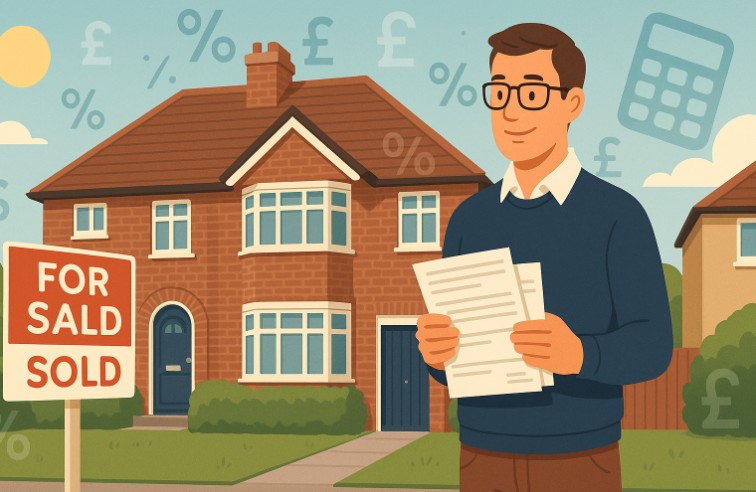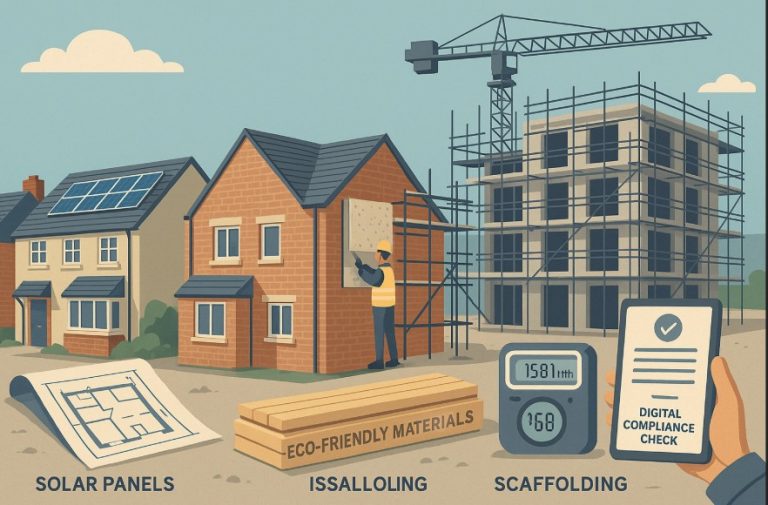Welcome to our informative guide on understanding property equity. In this section, we will delve into what is equity in a house and provide key insights to help you grasp its significance. Whether you are a first-time homeowner or looking to make informed financial decisions, having a clear understanding of equity is essential.
So, what exactly is equity in a house? At its core, equity refers to the value of ownership that you have in your property. It is the difference between the current market value of your home and the amount you owe on your mortgage. As you make mortgage payments and your property value appreciates, your equity increases.
To put it simply, equity represents the portion of the property that you truly own. It is your stake in the home and can be a valuable asset over time. Understanding the definition of equity is the first step towards leveraging it effectively to achieve your financial goals.
Calculating equity may seem complex, but it is relatively straightforward. By subtracting your outstanding mortgage balance from the current market value of your property, you can determine your equity. This calculation provides insight into the percentage of ownership you have in your home.
Property equity plays a crucial role in homeownership. It allows you to build wealth, access funds, or secure loans based on the value of your property. Whether you’re planning for the future or considering financial opportunities, a solid understanding of equity is key to making informed decisions.
In the upcoming sections, we will explore home equity in more detail, including strategies for building equity and unlocking its value. We’ll also delve into the various ways you can utilize equity, such as through equity loans and releases. Stay tuned to gain a comprehensive understanding of how to make the most of your property equity.
What is Equity in a House?
Welcome to the second section of our article, where we delve deeper into the concept of home equity. Understanding this crucial aspect of homeownership can help you unlock the true value of your property and make informed financial decisions.
So, what exactly is home equity? Simply put, it is the difference between the current market value of your home and the outstanding balance on your mortgage. As you continue to make mortgage payments and the value of your property appreciates, your equity increases.
Building equity in your home is a long-term investment strategy that offers numerous benefits. It not only allows you to accumulate wealth but also provides a strong foundation for future financial stability. Here are some strategies for building equity:
- Make regular mortgage payments: Paying off your mortgage consistently and on time reduces the principal amount, thereby increasing your equity.
- Make larger down payments: Putting down a substantial amount when purchasing your home reduces the loan amount and boosts your initial equity.
- Take advantage of home improvements: Renovations and upgrades can increase the value of your property, leading to higher equity.
Now that we’ve explored how to build equity, let’s turn our attention to increasing the value of your home. Enhancing the market value of your property not only improves its appeal but also helps you gain more equity in the long run. Here are some useful tips:
- Invest in curb appeal: First impressions matter, so consider enhancing your home’s exterior with landscaping, fresh paint, or upgraded siding.
- Update your kitchen and bathrooms: These areas have a significant impact on potential buyers, so modernizing them can add considerable value.
- Improve energy efficiency: Making energy-saving upgrades like installing insulation, upgrading windows, or using energy-efficient appliances can attract buyers and increase your home’s value.
To provide you with a visual representation of the relationship between your mortgage, home value, and equity, take a look at the table below:
| Year | Mortgage Balance | Home Value | Equity |
|---|---|---|---|
| Year 1 | £200,000 | £250,000 | £50,000 |
| Year 5 | £180,000 | £300,000 | £120,000 |
| Year 10 | £150,000 | £350,000 | £200,000 |
As you can see from the table, as your mortgage balance decreases and your home value appreciates over time, your equity grows substantially. This demonstrates the potential financial benefits of effective equity management.
To reinforce the importance of home equity, let’s explore some of the advantages it offers:
- Access to funds: Home equity can act as a valuable financial resource, allowing you to borrow against it for major expenses or investments.
- Lower interest rates: Loans secured by home equity typically offer lower interest rates compared to other borrowing options.
- Tax benefits: In some cases, the interest paid on home equity loans or lines of credit may be tax-deductible, providing potential cost savings.
Unlocking the value of your home through home equity can provide you with financial stability and opportunities. By understanding how to build equity and increase the value of your property, you can confidently navigate the world of homeownership.
Next, we will explore how you can utilize your home equity through various financial tools such as equity loans and releases. Stay tuned!

Utilizing Equity: Exploring Equity Loans and Releases
When it comes to capitalizing on the value tied up in your property, equity loans and equity releases are two financial options worth considering. An equity loan allows you to borrow against the equity in your house, providing you with a lump sum that can be used for various purposes, such as home improvements or debt consolidation. On the other hand, equity release enables you to unlock funds from your property without the need to sell it.
Equity loans typically involve regular repayments, while equity release schemes offer the option to repay the loan and interest at a later stage, usually when the property is sold or the homeowner passes away. Evaluating the advantages and risks associated with both options is essential to make an informed decision that aligns with your financial goals and circumstances.
Before proceeding with an equity loan or equity release, it is recommended to seek professional advice from a financial advisor or specialist in this field. They can guide you through the complexities, assist you in understanding the potential impact on inheritance and any eligibility criteria. Taking the time to explore different equity solutions and options empowers you to make a choice that suits your specific needs and preferences, keeping your financial future secure.
FAQ
How is equity calculated?
Equity is calculated by subtracting the outstanding balance on your mortgage from the current market value of your home. For example, if your home is appraised at £300,000 and you still owe £200,000 on your mortgage, your equity is £100,000.
Why is equity important in the context of property ownership?
Equity is important because it represents your ownership stake in the property. As your equity grows, you gain more financial flexibility and potential opportunities. You can leverage your equity to access funds through equity loans or releases, use it as collateral for future investments, or even sell your home and use the proceeds for other purposes.
How can I build equity in my home?
Building equity in your home involves making regular mortgage payments and taking steps to increase its value. You can build equity by making extra principal payments, reducing the loan balance, or by making improvements and renovations that boost the property’s worth. Additionally, market appreciation over time can contribute to equity growth.
How can I increase the value of my home?
Increasing the value of your home can be achieved through various methods. Some strategies include renovating the kitchen or bathroom, enhancing curb appeal with landscaping, adding energy-efficient features, and keeping up with regular maintenance. It’s also important to stay informed about market trends and make strategic upgrades that align with buyer preferences.
What is an equity loan?
An equity loan, also known as a home equity loan or a second mortgage, allows you to borrow against the equity in your home. It typically involves receiving a lump sum of money that you repay over time, often with a fixed interest rate. Equity loans can be used for home improvements, debt consolidation, education expenses, or other purposes.
What is equity release?
Equity release is a financial product that allows homeowners aged 55 or older to access the equity tied up in their property without having to sell it. It can provide a tax-free lump sum or regular payments, and the borrowed amount is repaid when the property is sold, typically after the homeowner passes away or moves into long-term care.






